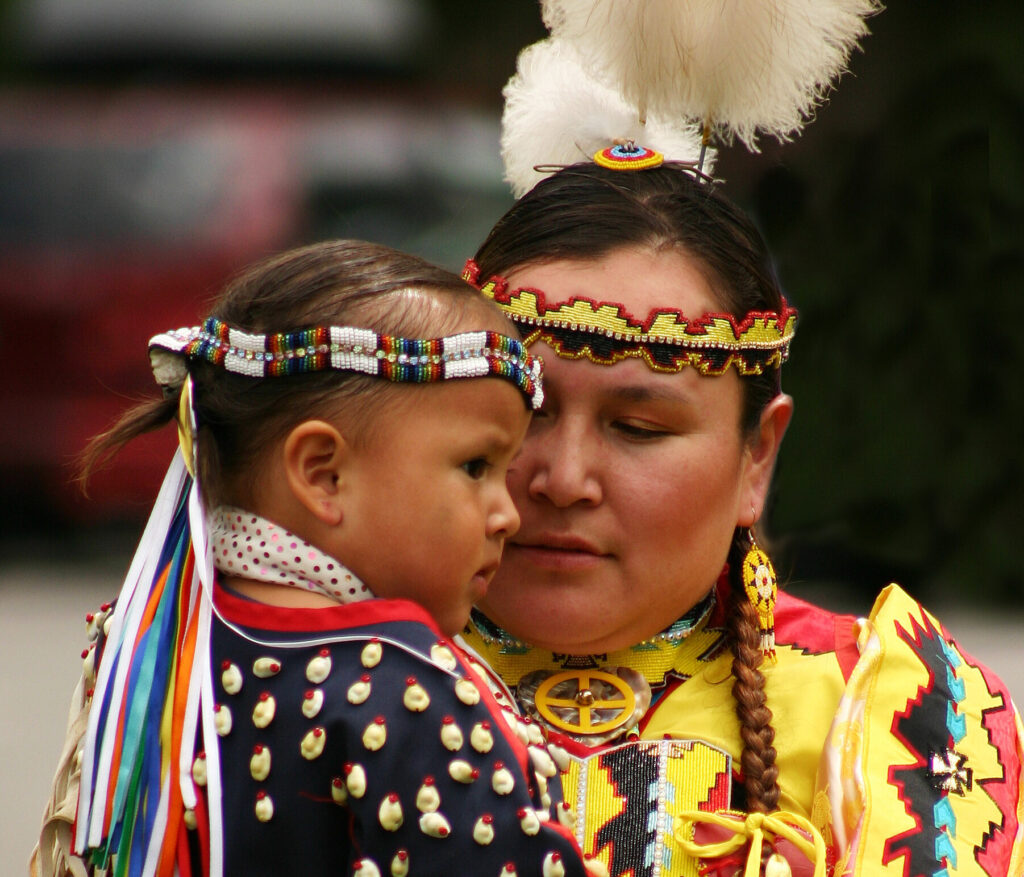Making Early Relational Health equitable means recognizing the importance of individuals’ and communities’ social, cultural, political, ecological, and spiritual identities. It also means supporting families to strengthen their basic relational capabilities, particularly within the cultural context of relationships.
Why ERH Matters
A Mandate for Equity
Early Relational Health Embodies Equity

Because Early Relational Health is vital for the health and well-being of every child and family, creating equitable access to Early Relational Health resources and supports is also vital.
Celebrating Strengths and Differences

Inequity Impacts Relationships
All relationships (including those of caregiver and baby) and their associated health and well-being can be negatively affected by inequities in our society and systems.
These are perpetuated by discrimination, racism, and poverty. In addition, entrenched biases based in fear and prejudice can make it hard to see the strengths of families and communities that look, sound, or behave differently or face different challenges than we do.
Buffering Against Adversity
Historical and systems-level inequities mean that certain families and communities, including communities of color and those experiencing poverty and oppression, are burdened disproportionally by stressors that can get in the way of building emotional connection. Strong, positive, and nurturing relationships can buffer adversity for children and families.

“The American Academy of Pediatrics asserts that safe, stable, and nurturing relationships (SSNRs) are biological necessities for all children because they mitigate childhood toxic stress responses and proactively build resilience by fostering the adaptive skills needed to cope with future adversity in a healthy manner.”
Unjust Systems, Policies, and Practices Drive Unjust Outcomes
For people working with young children and their families, it is important to recognize and reject implicit biases and challenge policies and practices that may be prejudicial and, in fact, racist. We must also expose the root causes of unequal and unjust outcomes for children and families. Early Relational Health is explicitly anti-racist and guided by both science and cultural, historical wisdom. We must build an Early Relational Health workforce that advances the health equity imperative and rejects the status quo that less-than-optimal health outcomes for children of color or those experiencing oppression or poverty are acceptable.

Vision for a Future That
Works for All
By promoting equitable access to Early Relational Health supports and resources, we can help close our nation’s persistent and deepening equity gap by acknowledging and respecting cultural and community strengths and culturally different parenting practices.
We can create a world that honors and celebrates long-held wisdom of all cultures and traditions and the variety of ways emotional connection can look and feel across families, communities, and cultures.
What’s possible inspires us in this work.


Families Leading the Way to Advance Early Relational Health
Family partnership is essential to enter equity within our growing ERH movement. For this reason, Nurture Connection is guided by the lived experiences of families. Parents and caregivers are our experts for helping create healthier communities, one family at a time.